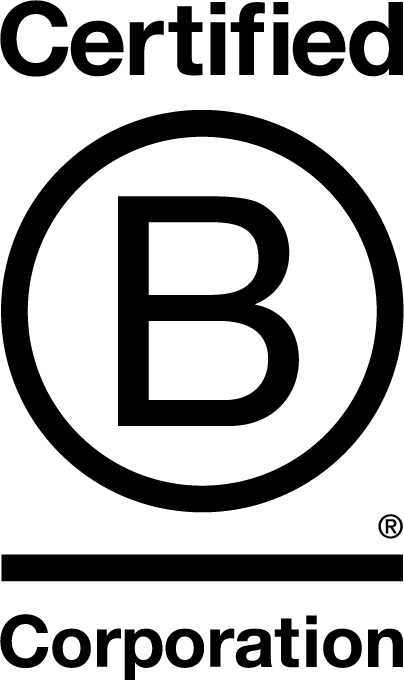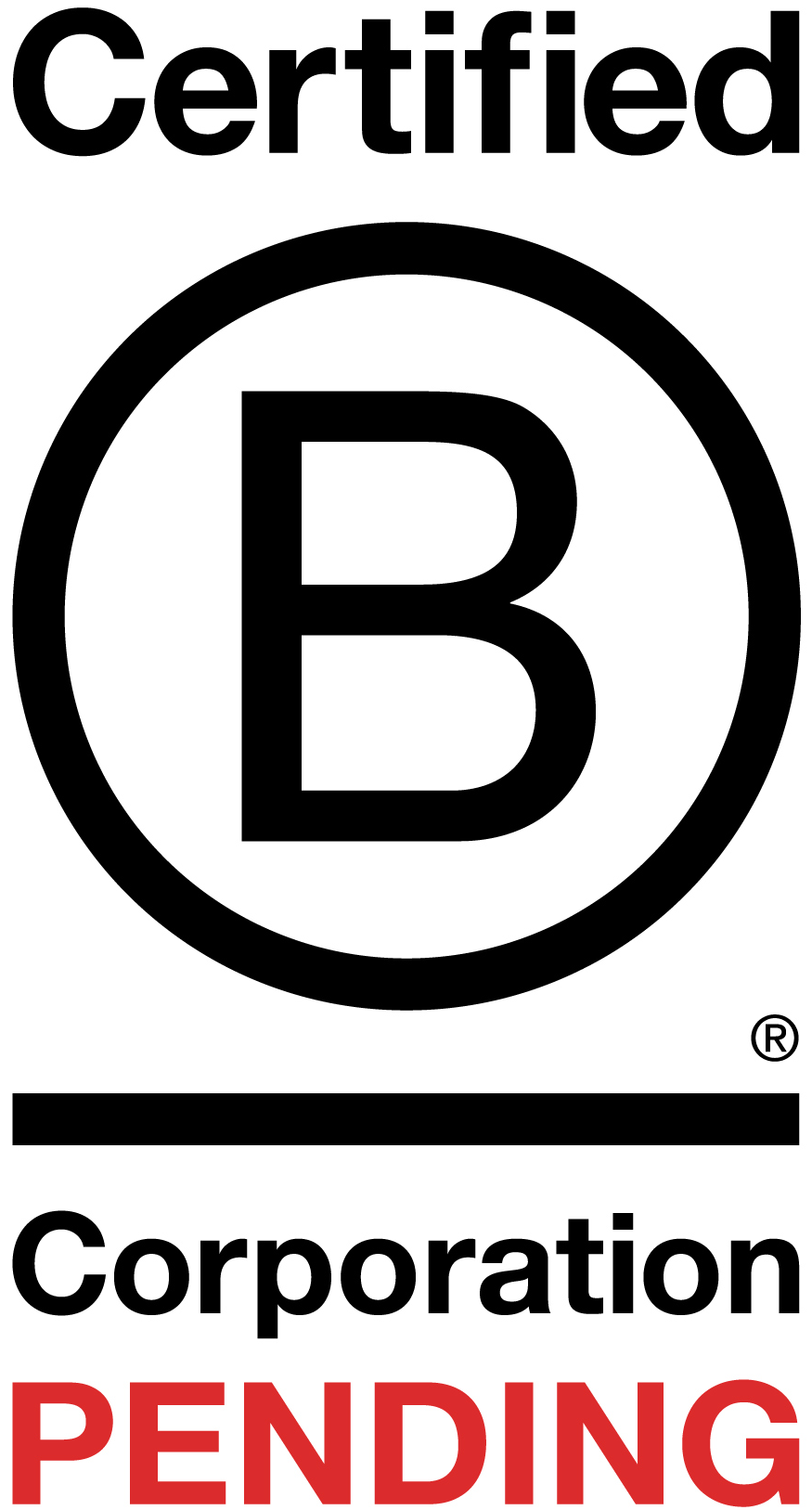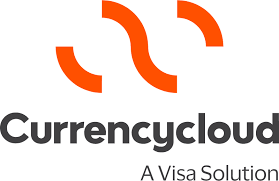What makes exchange rates change?
Interest rates, GDP, Inflation. Exchange rates change every few seconds, by comparing them to the share price of a company we explore the reasons why they fluctuate.

There are many reasons why exchange rates fluctuate which we will explore in this post, however the easiest way to sum it up is simply supply and demand, much like the share price of a listed company.
If you think of a currency as like the share price of a company, then a currency is bit like the share price of its associated country. When a listed company releases disappointing performance figures, or is associated with a negative news story its share price tends to fall. This is because some shareholders sell off their shares, because they see the companies prospects deteriorating and do not want to risk seeing their investment (their shares) decrease in value and lose them money. A good recent example of this would be IAG, the owner of British Airways. With the Covid-19 pandemic the airline industries prospects have taken a huge blow, resulting in a sharp decline in their share price as they are sold off on the basis they will lose value. Of course the opposite is also true, positive news from a company will see demand for that companies shares increase, as people look to buy them with the expectation that they will increase in value and make them money. A recent example of this would be Tesla, until a recent pull-back there had been a meteoric rise in their share price as investors see them as best placed to take advantage of the obvious shift towards electric vehicles in the coming years.
The currency of a country will fluctuate in more or less the same way, with a few fundamental differences. The reason people buy and sell shares in a company is will the value of that company likely go up or down. The reason a currency would be bought or sold is based on the same thing, the prospects of holding that currency gaining or losing money, however this is directly linked to the interest rate of that country.
Poor quarterly performance figures would have a negative impact on a share price in the same way that a disappointing Gross domestic product (GDP) number would weaken a currency and cause it to be sold off. The reason the currency would fall in value is that a weaker than expected GDP figure increases the likelihood of an interest rate cut in that country. An interest rate cut would mean a lower return on any investment held in that currency and therefore leads to that currency being sold off, demand for it dropping and its value declining.
So the most simplistic way to look at why exchange rates move is to link everything back to the prospect of interest rates in that country rising or falling. The reasons why interest rates may rise and fall are many and varied, any piece of economic data will cause movement because they all have a bearing on the prospects for interest rates. Essentially anything that can affect the economy positively or negatively (which is any one of a million or so things) could subsequently affect interest rates and therefore the strengthening or weakening of a currency.
This in turn is why exchange rates move every few seconds, the constant and varied pieces of information, data and events having a direct impact on both currencies within a currency pair, which is one of the other fundamental differences between the behavior of a share price and a currency. A share price is simply the value of a share in that company at any given point. Currencies however are always expressed in pairs, so are always expressed in terms of their value against another currency and another reason why exchange rates fluctuate. The GBP/EUR exchange rate is a constant real time reflection of the relative demand for both currencies in the pair, another dynamic beyond how a share price behaves.
Another fundamental difference between a share price and a currency (and hence why they fluctuate so much) is the nature of how they are traded and the exchanges they are traded on. We mentioned IAG earlier, they are headquartered in London and therefore their shares trade on the London stock exchange on the FTSE 100. The FTSE 100 trades between 8am - 4:30pm Monday to Friday, therefore shares in IAG can only be traded between these hours. Currencies on the other hand are traded on exchanges all over the globe, In the UK, Europe, the USA and Asia. These exchanges on their own act much like exchanges such as the FTSE 100 in that they have individual trading hours Monday-Friday, however the time difference between them means that during the week there is always an exchange for currency to be traded on 24 hours a day. This feeds in to what makes exchange rates change and fluctuate so much, the fact that they can be bought and sold 24 hours per day (in the week) means that their prices are constantly changing in line with ever adjusting expectations.

/ +44 (0) 208 004 2234
info@cornerstonefx.co.uk
UK Headquarters: 85 Great Portland Street, London, W1W 7LT
Email: info@cornerstonefx.co.uk
Cornerstone FX Ltd is a Limited company registered in England and Wales. Registered number: 12736110. Registered office: 85 Great Portland Street, London, W1W 7LT. Payment services for Cornerstone FX Ltd are provided by The Currency Cloud Limited. Registered in England No. 06323311. Registered Office: The Steward Building 1st Floor, 12 Steward Street London E1 6FQ. The Currency Cloud Limited are fully authorised and regulated in the UK, EU, US, and Canada – Currencycloud are authorised and regulated by the FCA, registration number 900199, and FinCEN in 44 states. The Currency Cloud Limited is authorised by the Financial Conduct Authority under the Electronic Money Regulations 2011 for the issuing of electronic money (FRN: 900199). In the US Currency Cloud operates in partnership with CFSB. CFSB fully owns the bank program and services are provided by The Currency Cloud Inc. For clients based in the European Economic Area, payment services for Cornerstone FX are provided by CurrencyCloud B.V.. Registered in the Netherlands No. 72186178. Registered Office: Nieuwezijds Voorburgwal 296 - 298, Mindspace Nieuwezijds Office 001 Amsterdam. CurrencyCloud B.V. is authorised by the DNB under the Wet op het financieel toezicht to carry out the business of an electronic-money institution (Relation Number: R142701). For clients based in the United States, payment services for Cornerstone FX are provided by The Currency Cloud Inc. which operates in partnership with Community Federal Savings Bank (CFSB) to facilitate payments in all 50 states in the US. CFSB is registered with the Federal Deposit Insurance Corporation (FDIC Certificate #57129). The Currency Cloud Inc is registered with FinCEN and authorised in 39 states to transmit money (MSB Registration Number: 31000206794359). Registered Office: 104 5th Avenue, 20th Floor, New York , NY 10011.
For clients based in the United Kingdom and rest of the world, payment services for Cornerstone FX are provided by The Currency Cloud Limited. Registered in England and Wales No. 06323311. Registered Office: Stewardship Building 1st Floor, 12 Steward Street London E1 6FQ. The Currency Cloud Limited is authorised by the Financial Conduct Authority under the Electronic Money Regulations 2011 for the issuing of electronic money (FRN: 900199). Some Payment Services for Cornerstone FX Ltd may also be provided by Equals Connect Limited, registered in England and Wales (registered no. 07131446). Registered Office: Vintners’ Place, 68 Upper Thames St, London, EC4V 3BJ. Equals Connect Limited are authorised by the Financial Conduct Authority to provide payment services (FRN: 671508) Some payment services for Cornerstone FX Ltd may also be provided by Sciopay Ltd. Sciopay Ltd is a company incorporated in England & Wales. Registration No: 12352935. Sciopay Ltd is licensed and regulated by HMRC as a Money Service Business (MSB). License No: XCML00000151326. Sciopay Ltd is authorised by the Financial Conduct Authority as an Authorised Payment Institution. Firm Reference Number: 927951












